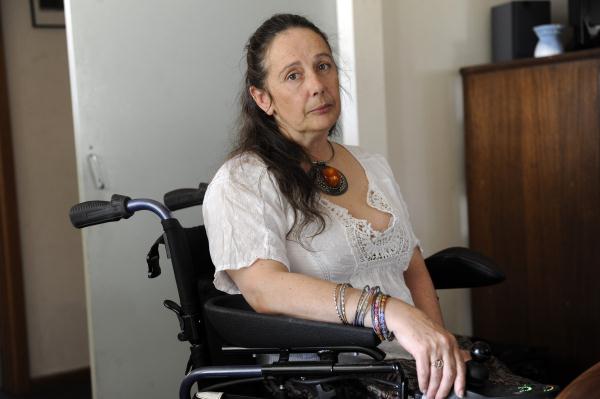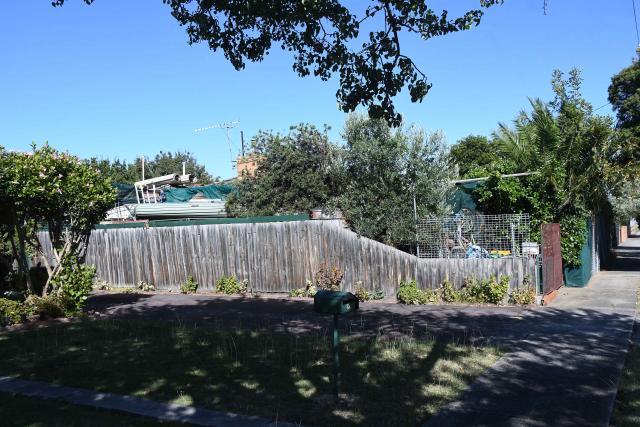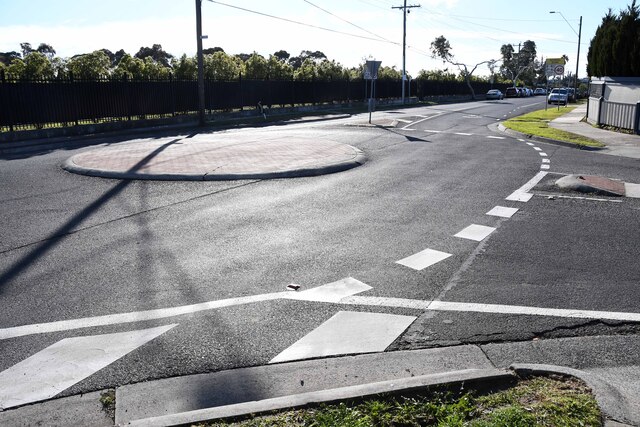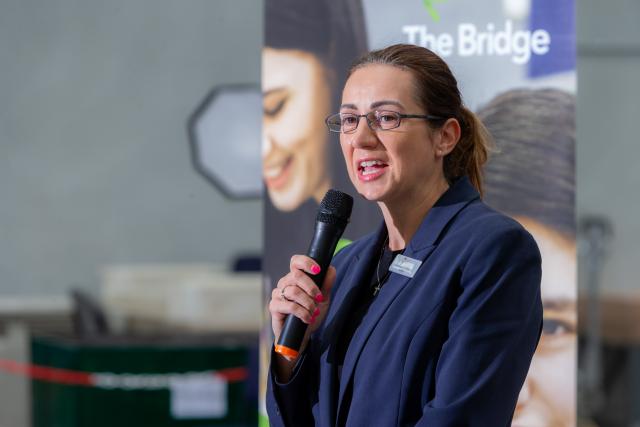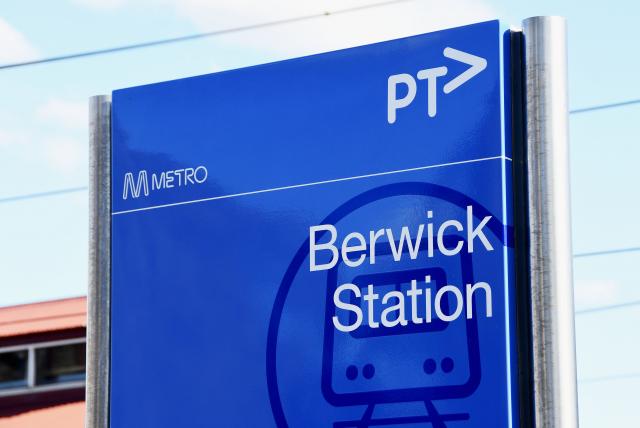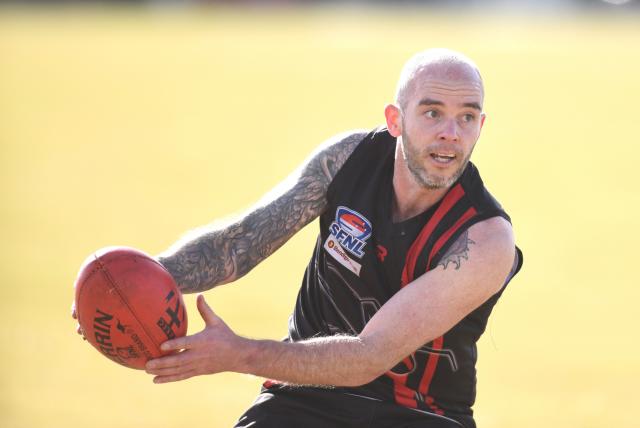By CAM LUCADOU-WELLS
MICHELLE de Hommel was taken aback when she was told by a politician that she shouldn’t have had kids.
Another told her to find an old lady to play “grandmother”.
An elderly man asked her bluntly how she had sex.
“I told him I know more positions than you ever had,” Ms de Hommel retorted.
The Kooweerup mother and head of the Dandenong-based Disability Action South-East group says she has suffered these indignities because she happens to have a disability – in her case, multiple sclerosis.
“If my teenagers were yelling and running around in the backyard, people would think I couldn’t control them because I’m a woman in a wheelchair.”
There were struggles but she said she raised six children with success – the eldest is in Vietnam on a teaching scholarship.
However, there’s an over-representation of parents with a disability who, instead of being supported, have had their children removed.
These broken families include “parents who have children taken from them for no reason at all”, she said.
With her own children grown up and time on her hands, Ms de Hommel has helped found a statewide support and advocacy group, Parents With a Disability.
One of the group’s aims is to beat what she says is discrimination against its members.
This month, it meets for the first time in Dandenong.
A member of Parents With a Disability said he and his partner had never contacted the Department of Human Services for help out of fear that Child Protection officers would remove their children.
Another speaks of fighting court battles to reclaim a daughter who had been taken by Child Protection workers in the middle of the night.
The single mum, who has since been diagnosed with Asperger’s syndrome, was wrongly characterised as mentally ill. Instead of getting help to manage Asperger’s, she was found unfit to parent.
In the 2011 report ‘Forgotten Families’ commissioned by disability care provider Yooralla and disability rights advocate Valid, it was estimated that 40-60 per cent of parents with a disability had their children taken away.
“Despite current research, many service providers and community members still hold stereotypical and discriminatory beliefs that parents with a disability are a danger to their children and will never be good parents,” the report stated.
“Families are not able to access advocacy services in a timely manner and from staff who are adequately trained and funded to provide assistance across all services and systems.”
An Office of the Public Advocate report about removal of children from parents with disabilities in December 2013 called for changes to the Family Law Act to state that disability is not “per se” a barrier to parenting.
There was also a state obligation to provide these families with adequate support, it stated.
What needs to change is the state’s attitude, Ms de Hommel said.
More children should have the right to grow up in their original family unit, rather than removed into state care, foster care or to their extended family such as grandparents.
The result is intact family units and happier, better-adjusted children, she said.
Ms de Hommel said little had improved since the 2011 report called for more accessible training and services for parents with disabilities – or even since her own battles with care providers since the 1980s.
She said she was denied her request for two hours a week of extra home help, such as cooking for her children.
Instead of granting extra home help, her case manager told her to wean her baby off breastfeeding and send the child to day care.
“That’s when I had a flare-up (of MS). I was breastfeeding on the floor and I had five other kids.
“I said I just need assistance with the younger ones. They said ‘there’s always foster care’.”
A DHS spokesman said, “a range of risk factors and parental characteristics” are looked at when assessing each parent’s capacity.
He said training had been provided to child protection workers across the state to support parents with a disability involved with child protection.
“When a child is reported to Child Protection and their parent is known to have a disability, Child Protection will consult with Disability Services to find out if the parent is a registered client, and discuss the best way to support them.”
He said $128 million had been provided over four years to strengthen Child FIRST, Cradle to Kinder and Stronger Families programs for vulnerable children and their families.
Parents With a Disability meets at Greater Dandenong Civic Centre, meeting room two on 18 July, 10am-1.30pm.
To find out more about Parents With a Disability, contact Independent Disability Services on 9340 5100 or admin@idsa.org.au.

